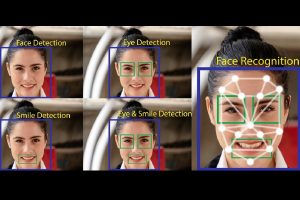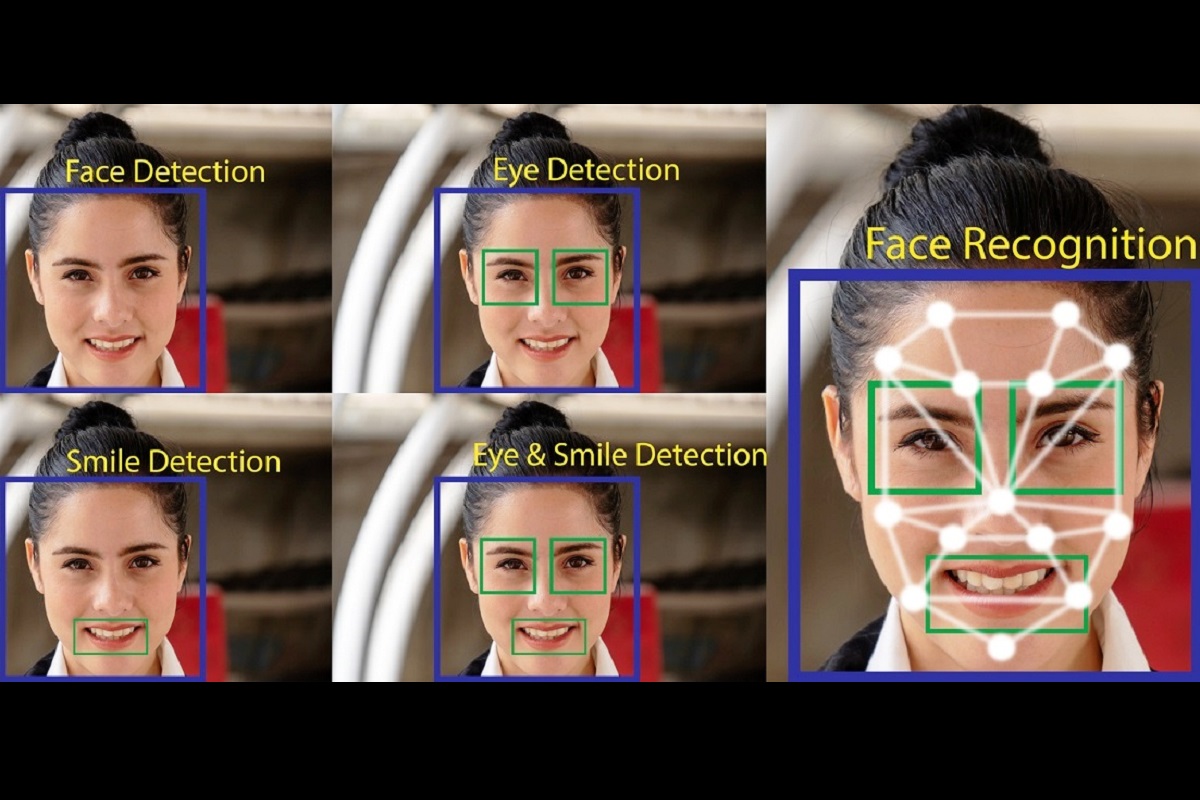
Researchers at the Indian Institute of Technology (IIT) Ropar and Monash University, Australia have developed a detector named ‘FakeBuster’ to identify imposters attending a virtual conference without anybody’s knowledge. It can also find out faces manipulated on social media to defame or make a joke of someone.
About the ‘FakeBuster’:
- The ‘FakeBuster’ is a deep learning-based solution that helps detect if a video is manipulated or spoofed during a video-conference meeting.
- It has been tested for its effectiveness on popular web conferencing applications – Skype and Zoom and also detecting deepfakes where faces are manipulated on social media to spread misinformation or defame persons.
- ‘FakeBuster’ can function online and offline. It uses a 3D convolutional neural network for predicting video segment-wise fakeness scores.
- ‘Deepfake’ has been extensively trained on datasets such as Deeperforensics, DFDC, VoxCeleb, and deepfake videos created using locally captured (for video conferencing scenarios) images.
- Deepfake a form of artificial intelligence which seamlessly stitches anyone in the world into a video or photo they never actually participated in.




 7 Countries that Celebrate Holi Like Ind...
7 Countries that Celebrate Holi Like Ind...
 Google Launches Nano Banana 2 Powered by...
Google Launches Nano Banana 2 Powered by...
 Pakyong Airport to Be Renamed After Free...
Pakyong Airport to Be Renamed After Free...








